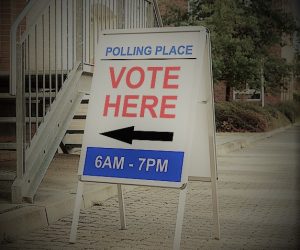
Sorry, your browser is not compatible with this application. Please use the latest version of Google Chrome, Mozilla Firefox, Microsoft Edge or Safari.
Election 2020 and the COVID-19 Pandemic: Legal Issues in Absentee and All-Mail Voting
As a result of the coronavirus disease 2019 (COVID-19) pandemic, there have been concerns about the potential impact on the 2020 federal election cycle. Some states have delayed primary elections, and, in other jurisdictions, officials have moved polling places away from high-risk populations. As the public health crisis continues, new questions are emerging about the safety and accessibility of voting in the remaining federal primaries and the November 3 general election. These concerns are coupled with questions about how to maintain election integrity. As a result, courts across the nation have been considering challenges to key aspects of state election laws.
Much of the recent election law litigation relating to COVID-19 has challenged aspects of state laws addressing absentee voting and all-mail voting, also known as vote-by-mail. In this Sidebar, absentee voting generally refers to state laws that permit eligible voters to request and cast ballots by mail without physically going to the polls on Election Day. All-mail voting generally refers to state laws that provide for automatic mailing of ballots to all eligible voters.

| Format: |
|
| Topics: | |
| Website: | Visit Publisher Website |
| Publisher: | Congressional Research Service |
| Published: | May 15, 2020 |
| License: | Public Domain |
Featured Content

Contact Publisher


Claim Content





